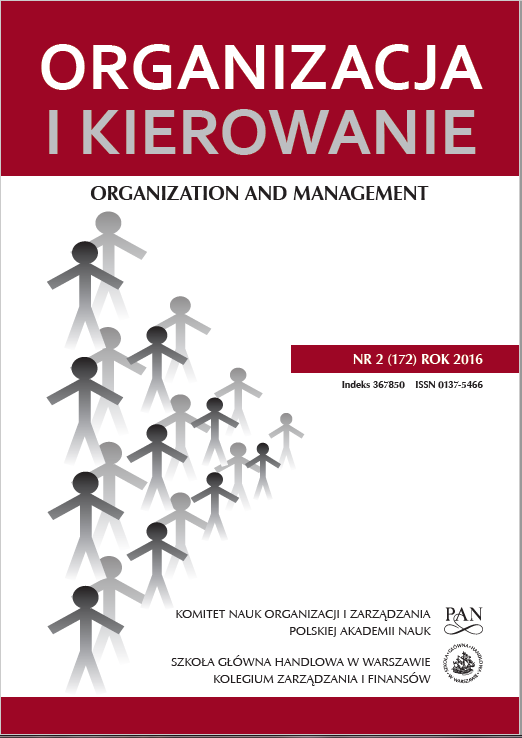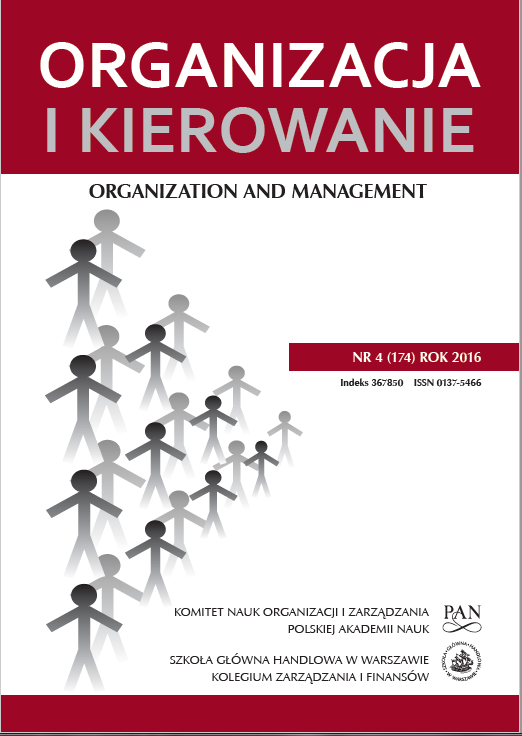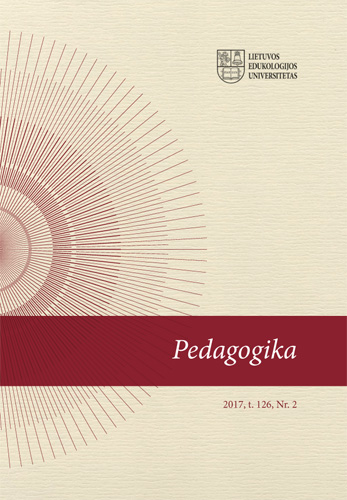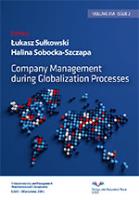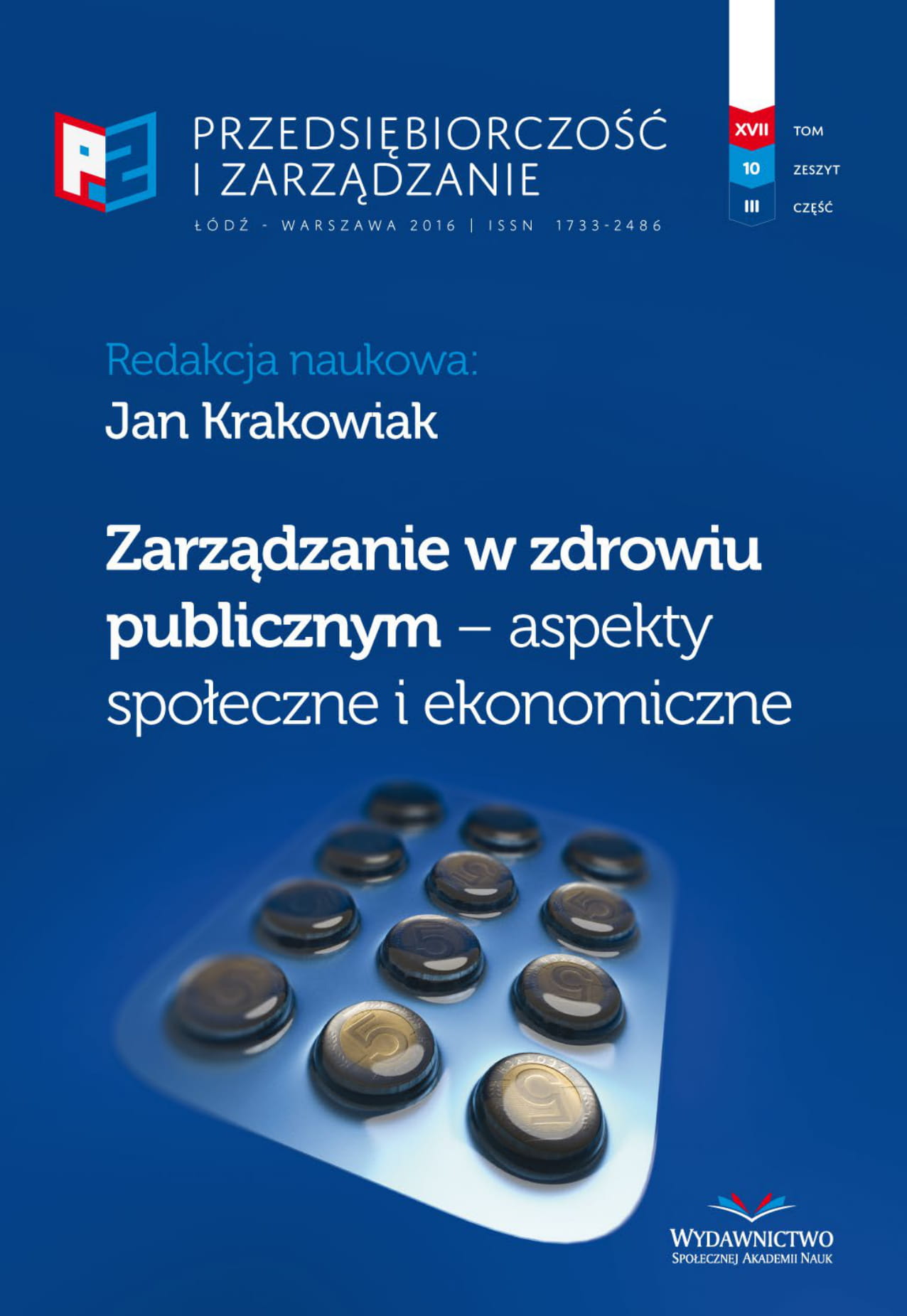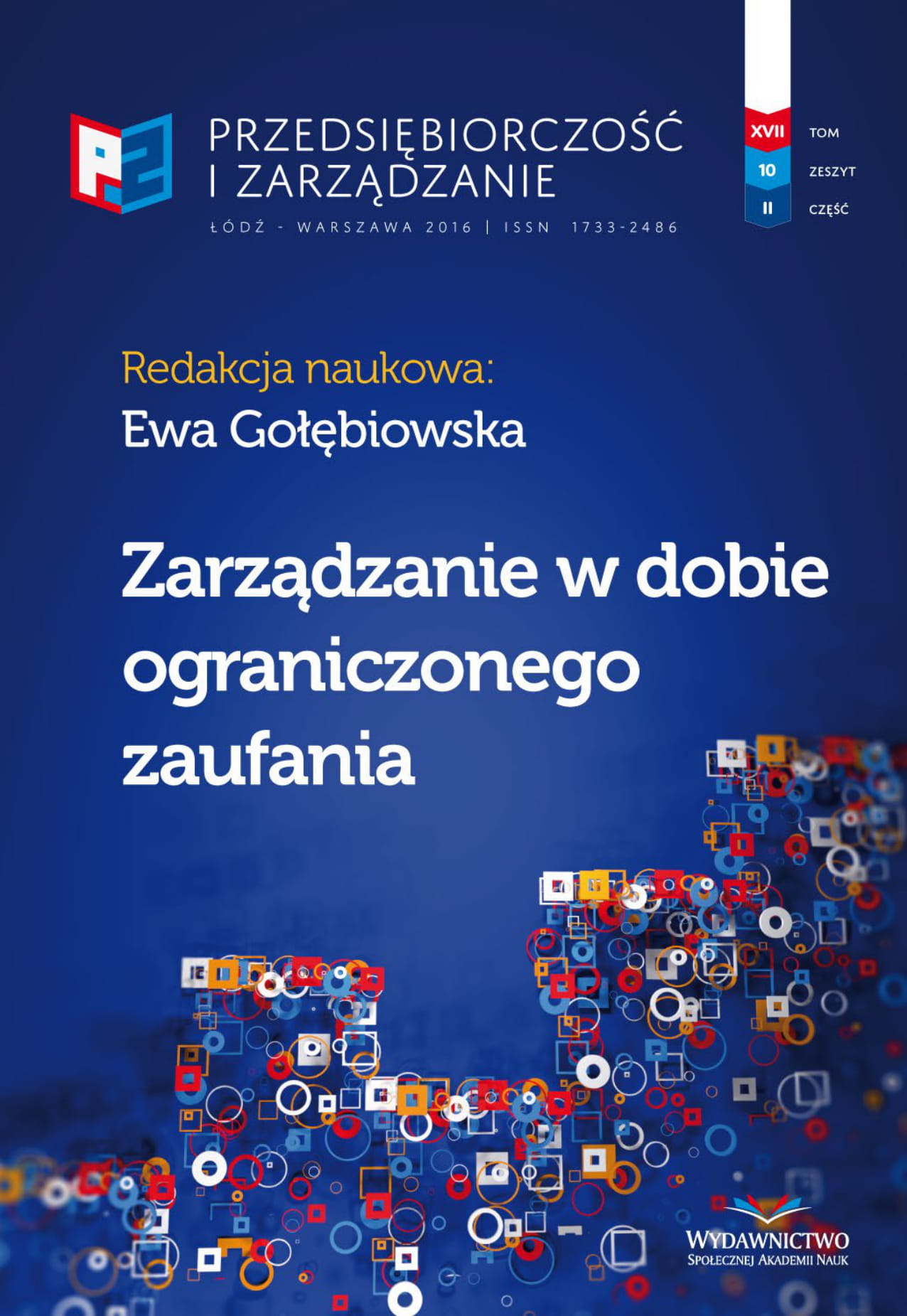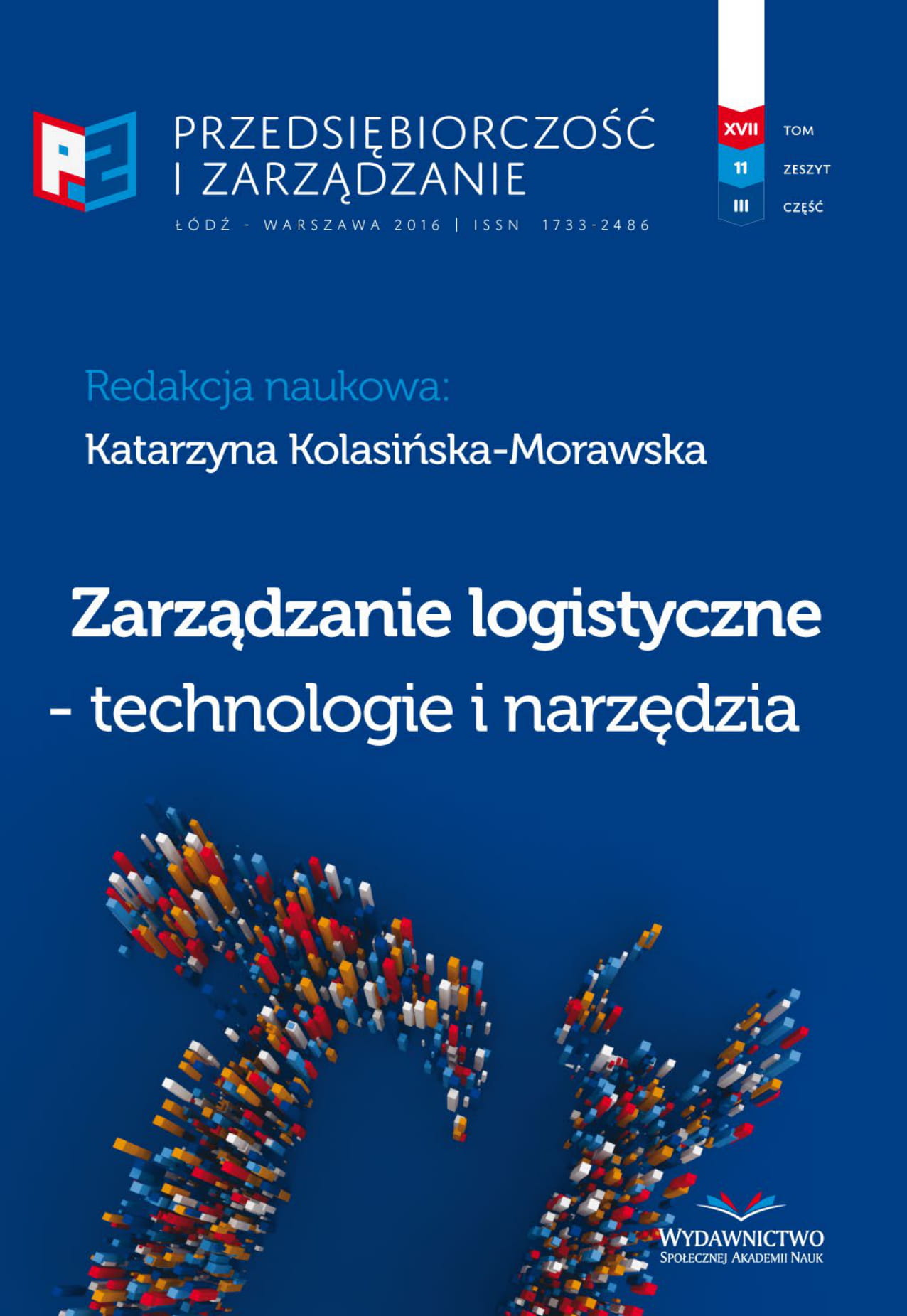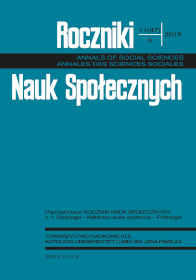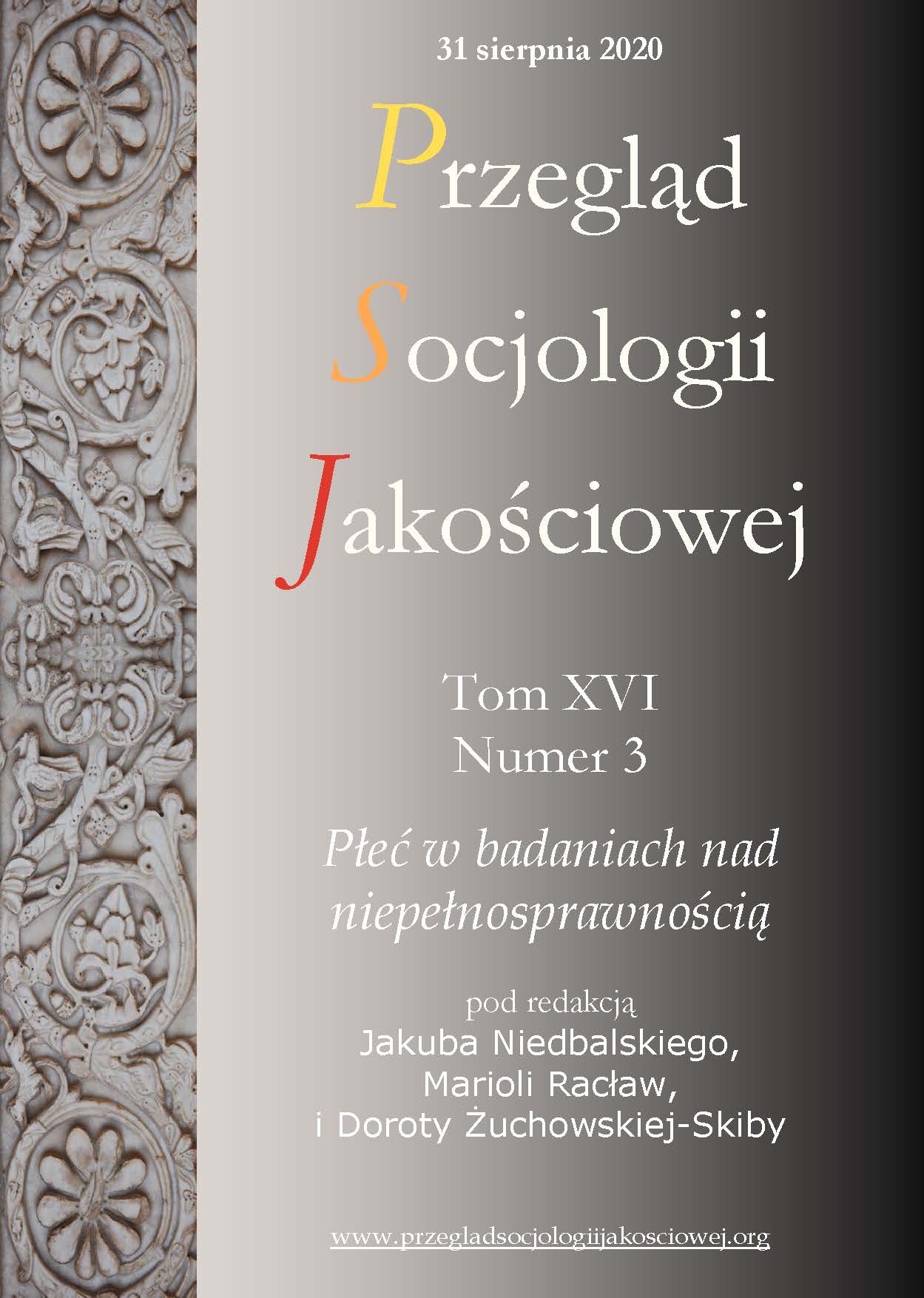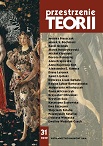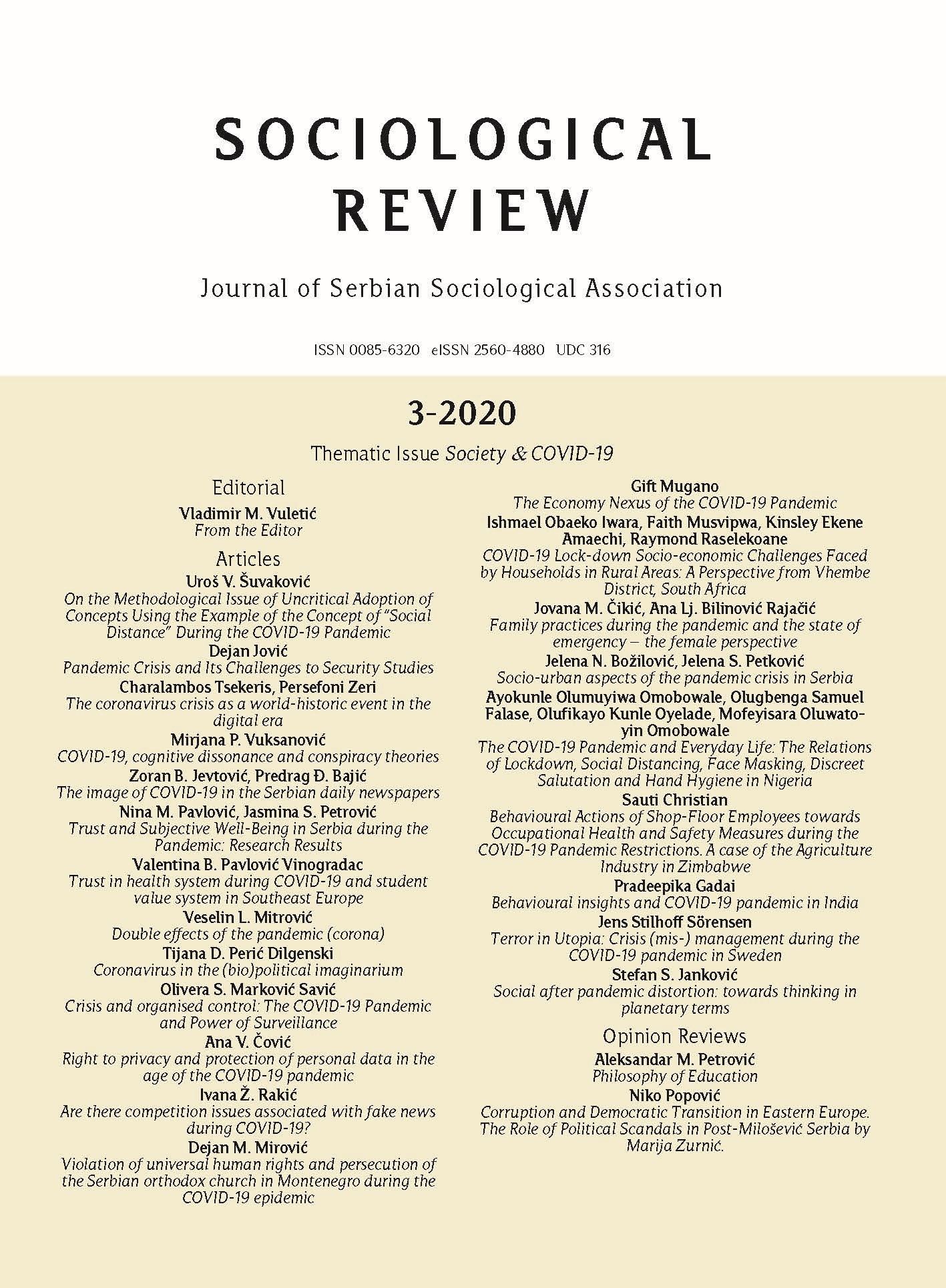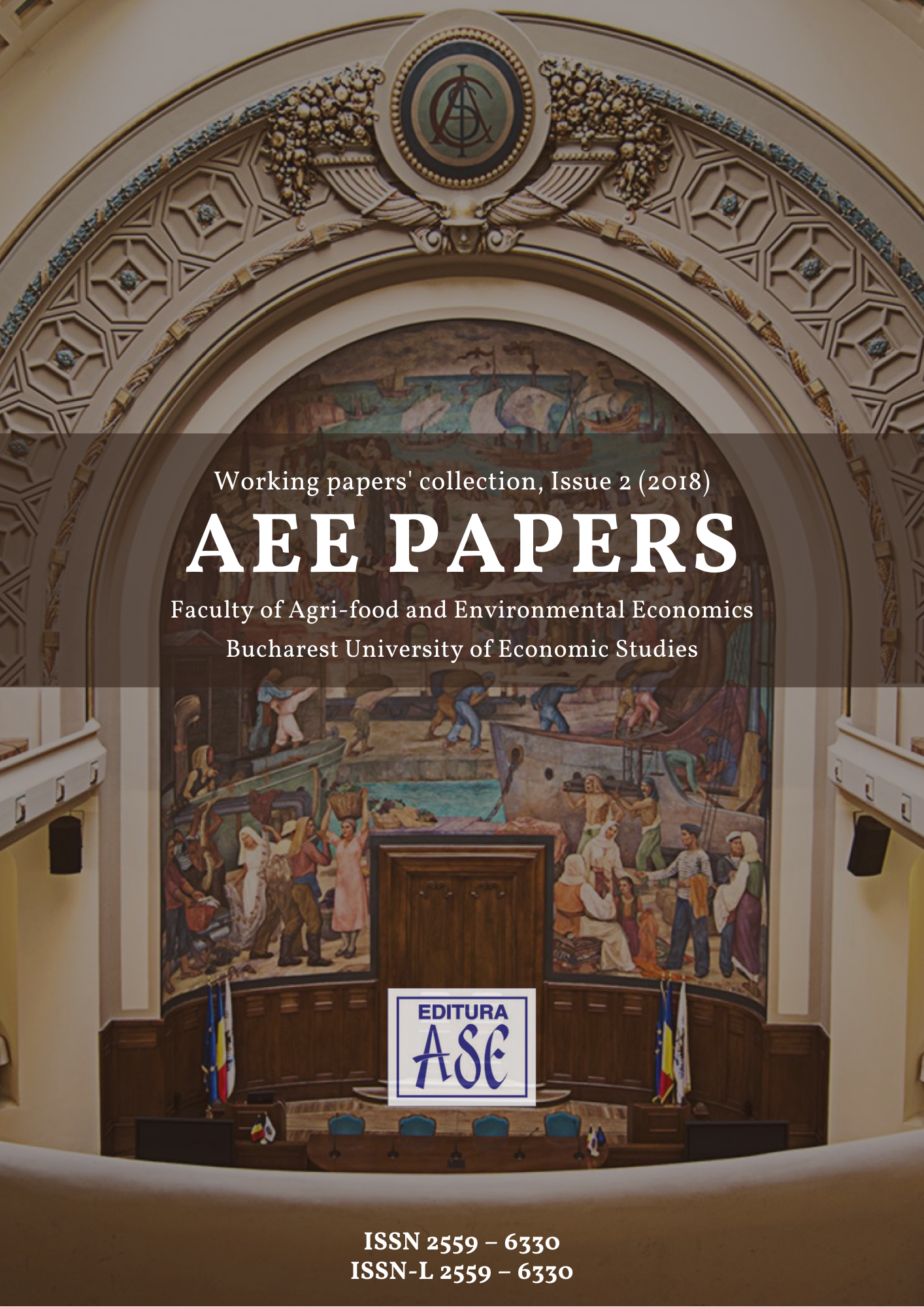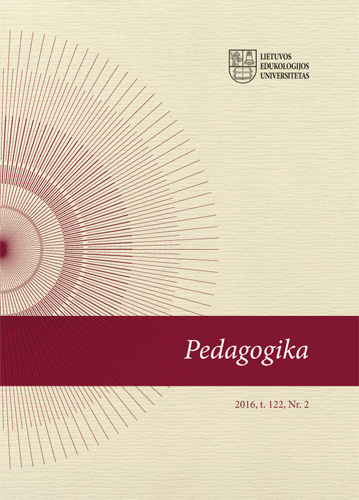
„Laimės mokyklos“ formavimosi prielaidos: šeimos ir mokyklos vaidmuo
This article attempts to justify empirical criteria, which enables how to recognize “Happiness School”, as well as the factors that determine the school’s identity formation. The empirical base: senior students (N = 1 078), 26 Lithuanian schools and social survey results. The sample represents urban/rural schools, as well as cultural differences of schools’. The study of variable structure is abundant, multi-conceptual. Out of the 67 primary items, 16 scales with high psychometric quality were formed. Triangulating various Cluster Analysis methods for classifying students and schools, from 3 ranges of estimates, a group variable was formed: “Happiness School” versus “Happiness School antipode”. Analysis was used to see how the remaining scales (different independent variables, school culture and family factors) separate (discriminate) the said contrast groups. It turned out that all of the variables, that are part of the discriminant analysis model, differentiate contrast groups very well. The following independent variables (factors) are described in their values, separating contrast groups in a relative weakening of order: dissatisfaction with the teachers; lack of socio-educational control within the school; principled response to complaints, maladies; staff and teachers indifference; parental indifference to child’s problems, moralising, clear rules, the ability to maintain order in the school and etc.
More...
